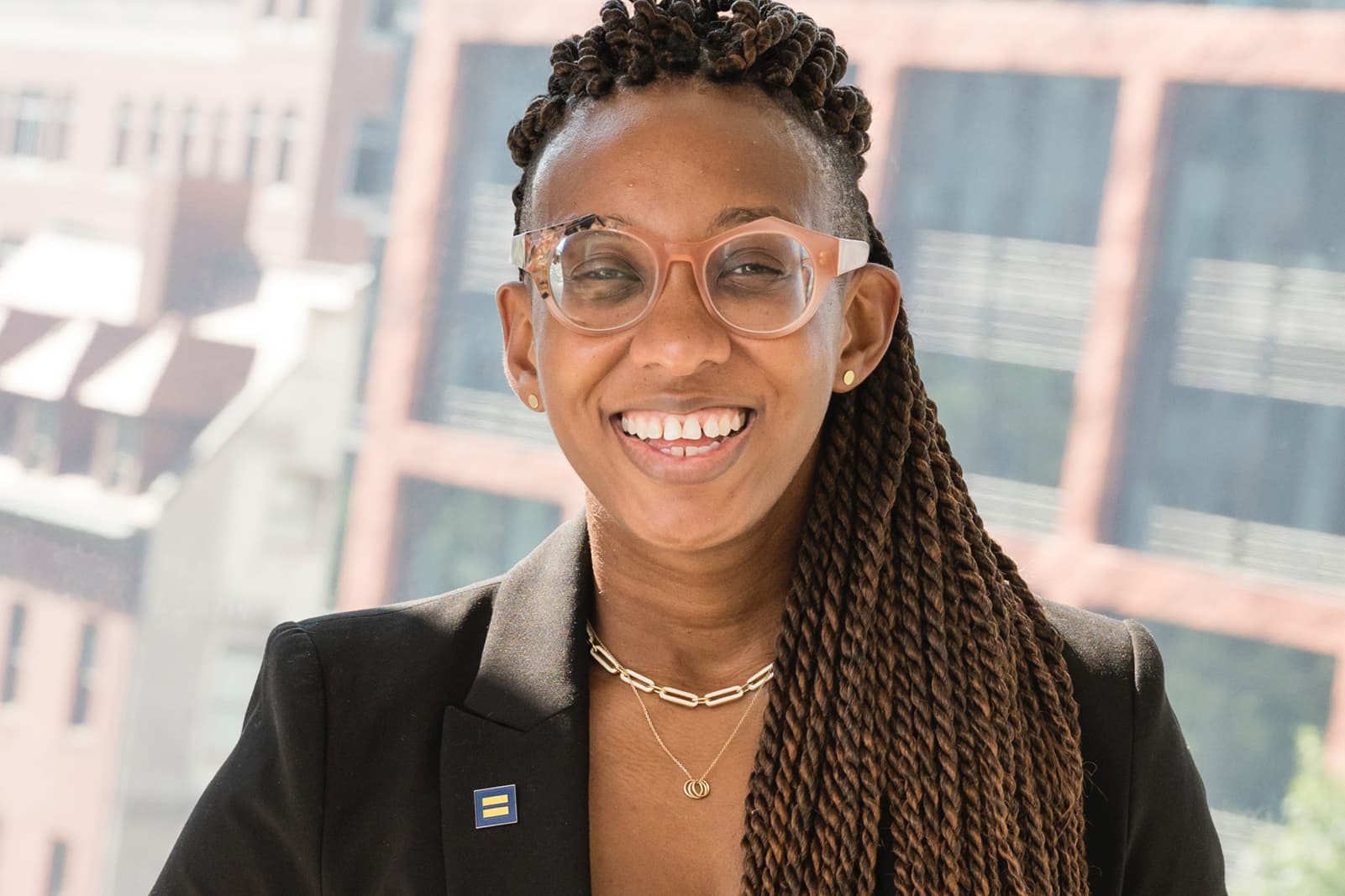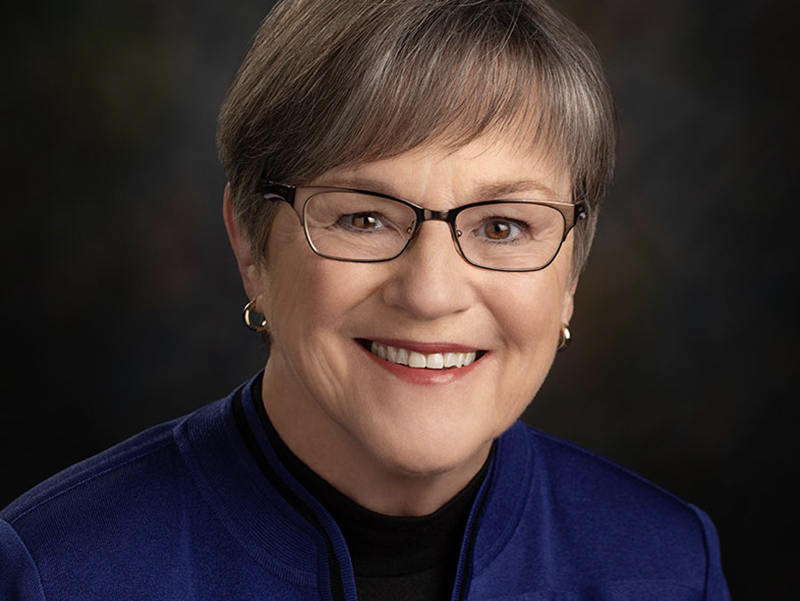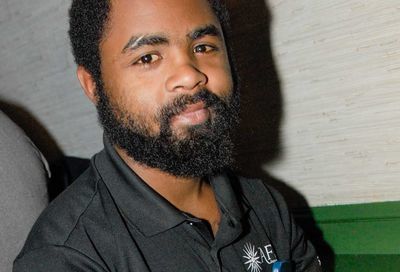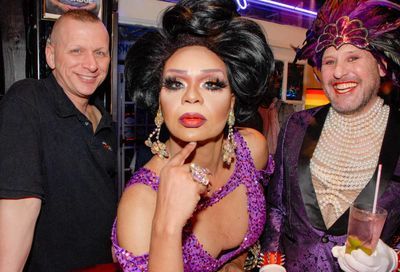Area Hospitals Get High Marks
HRC ranks D.C. area a top region for LGBT-friendly health care
The D.C. metropolitan area is among the top regions in the country when it comes to the quality and LGBT-friendliness of health care policies and practices at hospitals, according to the Human Rights Campaign, which released its 2012 Healthcare Equality Index (HEI) at a June 19 event featuring Secretary of Health and Human Services (HHS) Kathleen Sebelius and HRC’s new president, Chad Griffin, at Howard University Hospital.
The HEI, which collects data regarding antidiscrimination and other LGBT-related policies of various hospitals, clinics and health care facilities across the country, is released annually and used to measure a treatment facility’s progress on ensuring inclusion and cultural sensitivity toward members of the LGBT community.
”When we find ourselves … in a health care setting, we’re often at our most vulnerable,” Sebelius told the audience. ”In these moments, being treated with dignity and being close to loved ones can be the most important.”
The HEI grades facilities on four core criteria that, when met, designate the hospital or similar facility, as a ”leader” in LGBT-centered care. The criteria are patient nondiscrimination policies based on sexual orientation and gender identity, visitation policies for same-sex partners and parents, employment nondiscrimination policies based on sexual orientation and gender identity, and the provision of culturally competent education to staff members focusing on LGBT-patient-centered care.
”The Healthcare Equality Index is an important tool for making sure that LGBT individuals and families are treated with the same respect and care in these situations, as everyone wants to be treated,” Sebelius said. ”It shines a light on what our country’s health institutions are doing to better serve their LGBT patients. And it’s encouraging, certainly, to see more institutions being recognized as leaders in LGBT health care equality.”
According to HRC, more than 400 facilities participated in the survey, marking a 40 percent increase from 2011. The number of survey respondents – including hospitals, clinics and large health care networks – who were named ”leaders” in LGBT health care also increased, with nearly 60 percent (234) earning the designation.
But Griffin noted that there is still significant work to be done to make health care LGBT-friendly nationwide. There were 18 states, for example, where not a single entity responded to HRC’s survey.
Locally, seven of nine participating facilities in the District were named leaders, as were seven of nine Virginia institutions, and six of seven participating facilities in Maryland.
”There is no other area in this country that has got a higher concentration of leaders on the HEI than the Washington, D.C., area,” said Shane Snowdon, director of the health and aging program at HRC. ”That includes San Francisco and New York.”
District facilities achieving the designation were: Howard University Hospital, MedStar-Georgetown Medical Center, Sibley Memorial Hospital, Hadley Specialty Hospital of Washington, National Rehabilitation Hospital, George Washington University Hospital and local community health center Whitman-Walker Health.
In Maryland, Johns Hopkins Hospital of Baltimore, Washington Adventist Hospital of Takoma Park, Shady Grove Adventist Hospital in Rockville, Bon Secours Hospital in Baltimore, Chase Brexton Health Services in Baltimore and Northwest Hospital Center in Randallstown were named leaders.
In Virginia, the designation went to Bon Secours Health System network, which includes seven participating hospitals: Memorial Regional Medical Center in Mechanicsville, St. Francis Medical Center in Midlothian, Bon Secours Mary Immaculate Hospital in Newport News, DePaul Medical Center in Norfolk, Maryview Medical Center in Portsmouth, St. Mary’s Hospital in Richmond and Richmond Community Hospital.
Asked why the D.C. area has so many LGBT-friendly facilities, Snowdon said she believes that the region’s proximity to the federal government and familiarity with the Human Rights Campaign may have encouraged them to respond to the survey and likely made them aware of government rules or regulations, including directives from HHS, regarding things like employment nondiscrimination or hospital visitation rights.
Moreover, Snowdon said, it’s becoming more acceptable to talk about LGBT health issues, noting she remembers a time not long ago when the District was not as progressive. Now, however, stigma related to being LGBT has significantly lessened, she said, prompting more non-LGBT health care providers to learn about the specific challenges facing LGBT patients.
”I’d like to think it goes beyond ‘flavor of the month,”’ Snowdon said. ”Now there is the fact that these needs have recently emerged, and, of course, recently emerged means a flurry of attention. But I do think our culture has changed sufficiently, so you’re going to see this as part of diversity trainings that people do, cultural competence trainings. Those trainings right now tend not to include LGBT issues, but that is really changing.”
Following HRC’s unveiling of the HEI, several of the local health care facilities issued statements touting their performance and efforts to provide quality and culturally competent LGBT care.
”We are excited and honored to be recognized by the Human Rights Campaign Foundation for the work we do,” Whitman-Walker Health Executive Director Don Blanchon said in a release. ”Whitman-Walker was founded more than 30 years ago to offer high-quality and affirming health care for metropolitan D.C.’s LGBT community at a time when that was almost non-existent. We’re very proud not only to be recognized but to join the company of other health care groups around the nation who are working to ensure equal access to high quality care.”
George Washington University Hospital’s medical director, Dr. Gary Little, also released a statement.
”We are proud that The George Washington University Hospital is once again being praised for treating all of our patients equally, with one standard of quality care,” Little said. ”Being recognized as a ‘Leader in LGBT Healthcare Equality’ is a testament to GW’s commitment to the LGBT community in the Washington Metropolitan region.”
D.C. Councilmember David Catania (I-At Large), chairman of the council’s Committee on Health, shared his perspective as well.
”I am pleased to see the number of hospitals and healthcare facilities in the District receiving top marks in the HEI has more than doubled,” he said in a statement. ”It is critically important that hospitals and healthcare facilities understand the unique needs and challenges of the various communities they serve and HRC’s annual survey is a reminder that our institutions must constantly move forward to even greater inclusion and understanding.”
Support Metro Weekly’s Journalism
These are challenging times for news organizations. And yet it’s crucial we stay active and provide vital resources and information to both our local readers and the world. So won’t you please take a moment and consider supporting Metro Weekly with a membership? For as little as $5 a month, you can help ensure Metro Weekly magazine and MetroWeekly.com remain free, viable resources as we provide the best, most diverse, culturally-resonant LGBTQ coverage in both the D.C. region and around the world. Memberships come with exclusive perks and discounts, your own personal digital delivery of each week’s magazine (and an archive), access to our Member's Lounge when it launches this fall, and exclusive members-only items like Metro Weekly Membership Mugs and Tote Bags! Check out all our membership levels here and please join us today!























